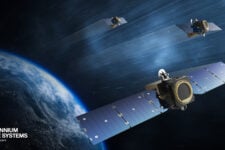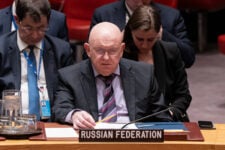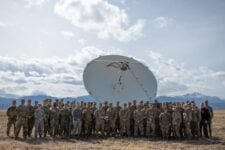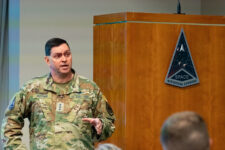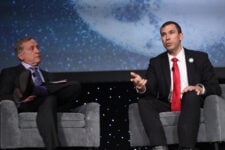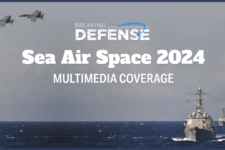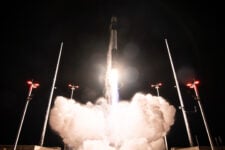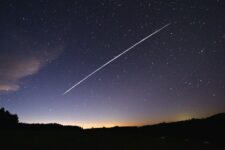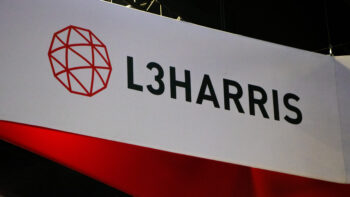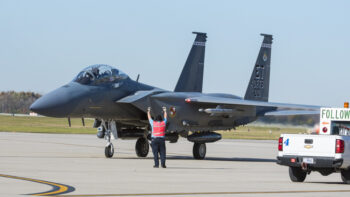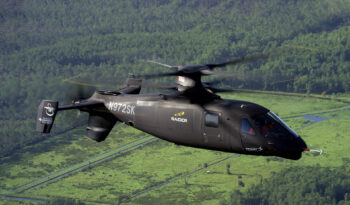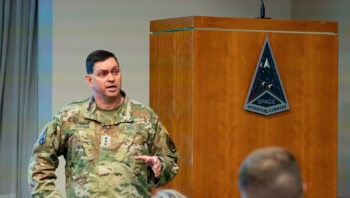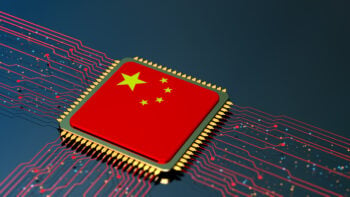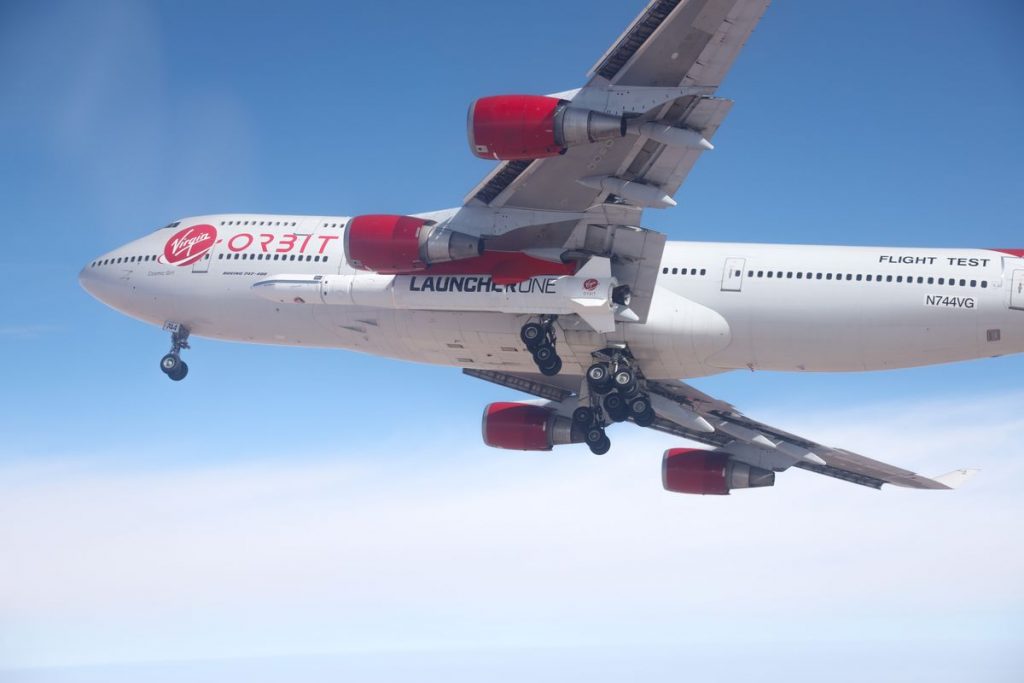 SPACE SYMPOSIUM: Sir Richard Branson, founder of Virgin Group, says Virgin’s LauncherOne can be a key contributor to US and allied space resiliency providing rapid launch and replenishment of satellites stricken in a conflict.
SPACE SYMPOSIUM: Sir Richard Branson, founder of Virgin Group, says Virgin’s LauncherOne can be a key contributor to US and allied space resiliency providing rapid launch and replenishment of satellites stricken in a conflict.
“I’ve just come from discussions with a number of [US military] people who are very excited that we can take off within 24 hours … and can fly 6,000 miles in any direction, and using our 747 capability to launch a satellite.” Branson said. “So, imagine there is a conflict and a number of US satellites are taken out — and in any conflict there also is the possibility that US launch sites are taken out,” he explained, ” we could end up having the need to rapidly replenish those satellites.”
Indeed, Branson and his team today discussed Launcher One’s potential to provide rapid reconstitution capability for military satellites as a major piece of DoD’s resiliency strategy with Gen. Jay Raymond, commander of Air Force Space Command and nominated to take the reins of Space Command.
Mandy Vaughn, the president of Virgin’s VOX Space (the Virgin business that was stood up two years ago to work with the Pentagon), says Raymond and other DoD officials are “very interested” in Virgin’s capabilities, which the company hopes to prove with its first launch now planned for mid-year. She told me today that Launcher One provides a “unique and compelling capability” that “can offer a deterrent affect” on potential adversaries. She noted that not only can Launcher One turn around a launch within 24 hours, but also has a small launch footprint that allows launch from a large number of airfields around the globe. Virgin’s decision to choose Guam as its newest launch site, announced today, is partly aimed at being able to undertake DoD launches, as well as simply at allowing equatorial launch into all orbital inclinations. Virgin will also be able to launch from Cornwall Airport Newquay by 2021 under an agreement with the UK Space Agency announced last July.
Virgin Orbit was awarded $400,000 in prize money yesterday as one of the three companies to become eligible to compete in the Defense Advanced Research Projects Agency’s DARPA Launch Challenge to rapidly launch small satellites to LEO. It also was picked to fly a prototype for DoD’s Space Test Program, managed by Air Force Space and Missile Systems Center (SMC) in November 2017. Vaughn says she expects the Space Test Program launch to happen in late 2019. Launcher One can carry a payload of 300 kilograms to 500 kilometers in a sun synchronous orbit, and 500 kilos to equatorial orbit, according to Vaughn.
Virgin also is “keeping a close eye” on the Blackjack program to demonstrate small satellites to augment DoD and Intelligence Community missions, Vaughn says. Blackjack is looking to “develop payload and mission-level autonomy software and demonstrate autonomous orbital operations including on-orbit distributed decision processors,” as well as to leverage rapid commercial manufacturing techniques such as standardized satellite buses. “We are in communications with bus providers,” Vaughn said, and “hope to participate” as a launch provider once the program gets to that stage.
L3Harris selloffs hampered by low bids, CEO says
“To the extent we can get a good price for what we’ve identified as non-core [businesses], we’ll do it. But too many of the offers are coming in low and people think we’re desperate to sell, and I can assure you we’re not,” said L3Harris CEO Chris Kubasik.

